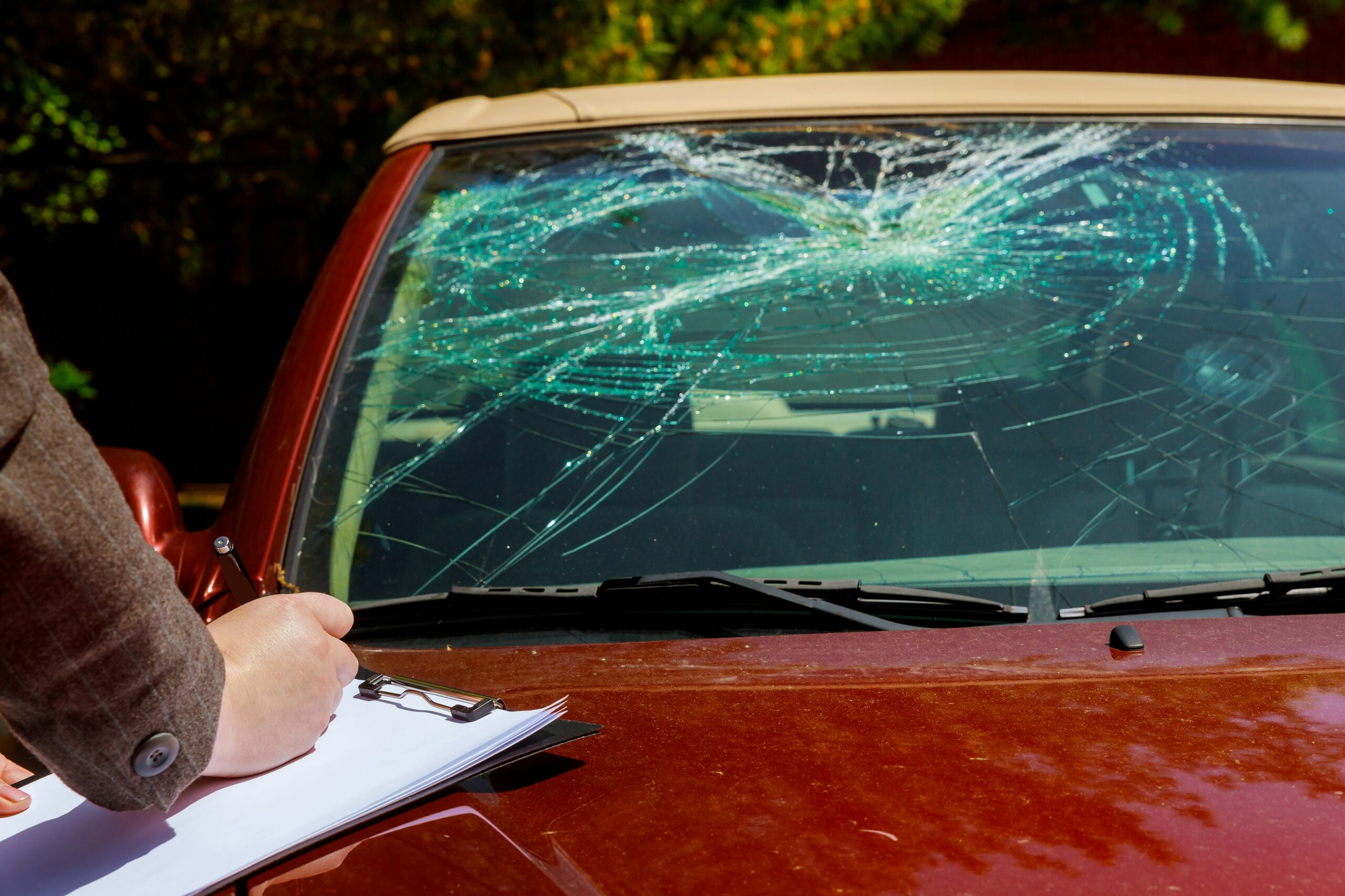If you’ve been charged with a crime, understanding whether the charge is classified as a misdemeanor or a felony is crucial. These classifications not only determine the severity of the potential punishment but also shape the strategy your legal team will use to defend you. At Lamano Law Office we’ve handled a wide range of both misdemeanors and felonies, and we’ve seen firsthand how the stakes differ depending on the nature of the charge.
What Are Misdemeanors?
Misdemeanors are generally considered less severe offenses than felonies. They are crimes that typically result in fines, probation, or jail time in a county jail for less than a year. However, even though they carry lighter penalties than felonies, misdemeanors can still have serious consequences, including a permanent criminal record, loss of certain rights, and potential impacts on employment and housing.
Common Examples of Misdemeanors:
- DUI (Driving Under the Influence): A first-time DUI offense in California is usually charged as a misdemeanor unless it involves injuries or death.
- Petty Theft: Stealing items with a value of $950 or less can be charged as petty theft, a common misdemeanor.
- Simple Assault: An assault that does not result in serious injury or involve the use of a deadly weapon.
- Disorderly Conduct: This could include behaviors such as public intoxication or disturbing the peace.
- Vandalism: If the damage caused is under $400, vandalism is often charged as a misdemeanor.
Potential Consequences of a Misdemeanor Conviction:
- Jail Time: Typically, up to one year in a county jail.
- Fines: Misdemeanor fines can range from a few hundred to several thousand dollars.
- Probation: You may be sentenced to probation, often ranging from one to three years.
- Community Service or Restitution: Judges may require you to perform community service or pay restitution to victims.
- Permanent Record: Misdemeanor convictions will appear on your criminal record, potentially impacting employment, professional licenses, or immigration status.
Even though misdemeanors are less severe than felonies, they should not be taken lightly. A criminal record, even for a minor offense, can have long-term repercussions.
What Are Felonies?
Felonies, on the other hand, are the most serious crimes in the criminal justice system. A felony conviction can lead to longer prison sentences, hefty fines, and a loss of certain civil rights, such as the right to vote or possess firearms. Felonies can also result in lifetime consequences, such as difficulties finding housing or employment, particularly for violent crimes or those involving moral turpitude.
Common Examples of Felonies:
- Murder or Manslaughter: Homicide crimes, such as first-degree murder, are some of the most serious felonies with the possibility of life sentences or even the death penalty in California.
- Rape or Sexual Assault: Sexual offenses, particularly those involving minors or the use of force, are charged as felonies.
- Grand Theft: Theft involving property valued over $950 can be charged as grand theft, a felony in California.
- Robbery: The taking of property through force or intimidation is generally considered a felony.
- Aggravated Assault: An assault involving a deadly weapon or one that causes serious bodily harm.
Potential Consequences of a Felony Conviction:
- Prison Time: Felony convictions often result in state prison sentences that range from one year to life, depending on the crime.
- Fines: Felony fines can be significantly higher than those for misdemeanors, often reaching into the tens of thousands of dollars.
- Parole or Probation: After serving time in prison, you may be placed on parole, which can include strict conditions like regular check-ins, drug testing, or restricted travel.
- Loss of Rights: Convicted felons in California may lose certain civil rights, including the right to vote, the right to serve on a jury, and the right to own firearms.
- Three Strikes Law: California has a “Three Strikes” law, which imposes harsher penalties for those with prior felony convictions. A third felony conviction can result in a sentence of 25 years to life, even if the third felony is non-violent.
Wobblers: Crimes That Can Be Either a Misdemeanor or Felony
In California, some offenses are classified as wobblers, meaning they can be charged as either a misdemeanor or a felony depending on the circumstances of the case and the defendant’s criminal history. A skilled criminal defense attorney can argue for a wobbler to be charged as a misdemeanor, which can lead to significantly lighter penalties.
Examples of Wobbler Offenses:
- Domestic Violence: Depending on the severity of injuries and the circumstances, domestic violence charges can be prosecuted as either a misdemeanor or felony.
- DUI with Injury: A DUI involving injury can be charged as a misdemeanor or a felony, depending on the extent of the injuries and whether the defendant has prior DUI convictions.
- Assault with a Deadly Weapon: In certain cases, this offense can be treated as a misdemeanor if the weapon used wasn’t particularly dangerous and the injuries weren’t severe.

The Long-Term Impact of Misdemeanor and Felony Convictions
Both misdemeanors and felonies can have lasting effects on your life, but felonies typically come with much more severe long-term consequences.
Employment:
- Misdemeanors: Some employers may overlook a misdemeanor conviction, especially for non-violent offenses, but it can still make job hunting more difficult.
- Felonies: A felony conviction can disqualify you from certain jobs, especially those involving positions of trust, government roles, or professional licenses.
Housing:
Both misdemeanor and felony convictions can complicate finding housing, especially with landlords who conduct criminal background checks. However, a felony conviction is likely to make it even more challenging.
Immigration Status:
- Misdemeanors: Some misdemeanors, especially those involving moral turpitude, can have immigration consequences, such as deportation for non-citizens.
- Felonies: Felonies, particularly violent crimes, can lead to deportation or denial of citizenship for non-citizens.
Firearm Rights:
- Misdemeanor convictions for certain domestic violence crimes may result in a ban on owning firearms.
- Felony convictions almost always lead to a loss of firearm rights, and in California, this may be permanent.
What to Do if You’re Charged
Whether you’re facing a misdemeanor or felony, the most important step you can take is hiring an experienced criminal defense attorney. At Lamano Law Office, we understand the serious consequences these charges can have on your life. With experience on both sides of the courtroom—as both former prosecutors and seasoned defense attorneys—we are uniquely positioned to provide a strong defense for your case.
We’ll work closely with you to evaluate the charges, gather evidence, and develop a legal strategy tailored to your circumstances. In the case of a wobbler offense, we may be able to negotiate for reduced charges, which can significantly lessen the penalties you face.
Final Thoughts
Misdemeanor and felony charges differ greatly in terms of severity and long-term consequences, but both can have life-changing impacts. Understanding the difference between the two, as well as the potential consequences, is critical to navigating the criminal justice system. No matter the charge, securing experienced legal representation is key to protecting your rights and minimizing the impact on your future.
At Lamano Law Office, we are here to help. If you or a loved one has been charged with a crime, contact us to discuss your case and explore your legal options. Your future depends on it.

